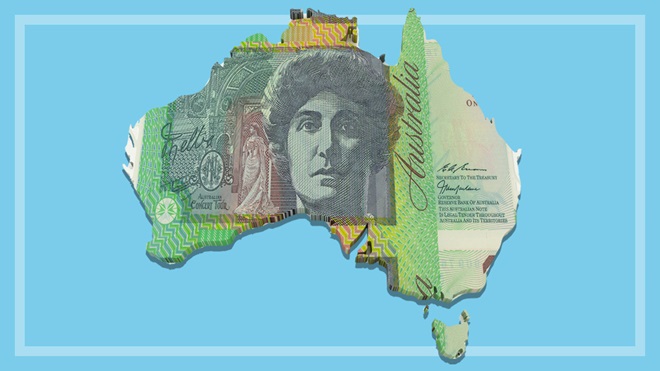During the recent election campaign, a lot of the debate
about the cost of living focused on what the government can do to lift wages or
reduce the cost of everyday essentials like fuel, medicines and energy. While
that's understandable, what we often miss in these debates is the influence
very large businesses have on prices.
In Australia we have a particular problem with highly
concentrated markets, dominated by a very small number of firms. In many cases
– such as with supermarkets, airlines and telecommunications – two firms have
well over half of the market share. Sometimes this isn't even obvious, such as
with insurance, where there's a plethora of retail brands but in reality IAG
and Suncorp are sitting behind many of them. Banking is dominated by four major
players, but the two largest own about 50% of the market.
Why does this matter? Because there's clear evidence that
this leads to a worse deal for consumers. Less competition means less pressure
to innovate and improve services. The complete nonchalance of Qantas about the
inability of many of its customers to get through to a call centre, let alone
use a flight credit, demonstrates what happens when a large player doesn't need
to care about competition.
Market power is helping large Australian firms maximise profits at the expense of people trying to manage a household budget
This lack of competition
also tends to mean higher prices. It's generally not in the interests of a few
large firms with large customer bases to engage in cut-throat competition based
on price.
It's a long-term problem that our competition laws have
largely been unable to solve. And in the coming years it's likely to get worse,
as our largest businesses look beyond their traditional markets in the search
for more profits.
The major supermarket chains are already moving into banking
and insurance; Telstra is setting up an energy retailer; AGL has a
telecommunications business; and Qantas is pushing insurance.
In a business sense, these are very smart moves. As these
companies gain more data on you, they can predict when you might move house or
when your insurance policy might be up, and attempt to lure you with a special
offer. And as you then become trapped in a web of intersecting discounts, it
becomes harder to work out whether you could get a better deal by switching to
a new provider.
When the government thinks about how to tackle the complex issue of cost of living, it can't just focus on factors driving up wholesale prices, such as the war in Ukraine. It also needs to consider how market power is helping large Australian firms maximise profits at the expense of people trying to manage a household budget. Otherwise there's a risk that well-intended measures just lead to greater corporate profits, with little hip-pocket relief.
Stock images: Getty, unless otherwise stated.



